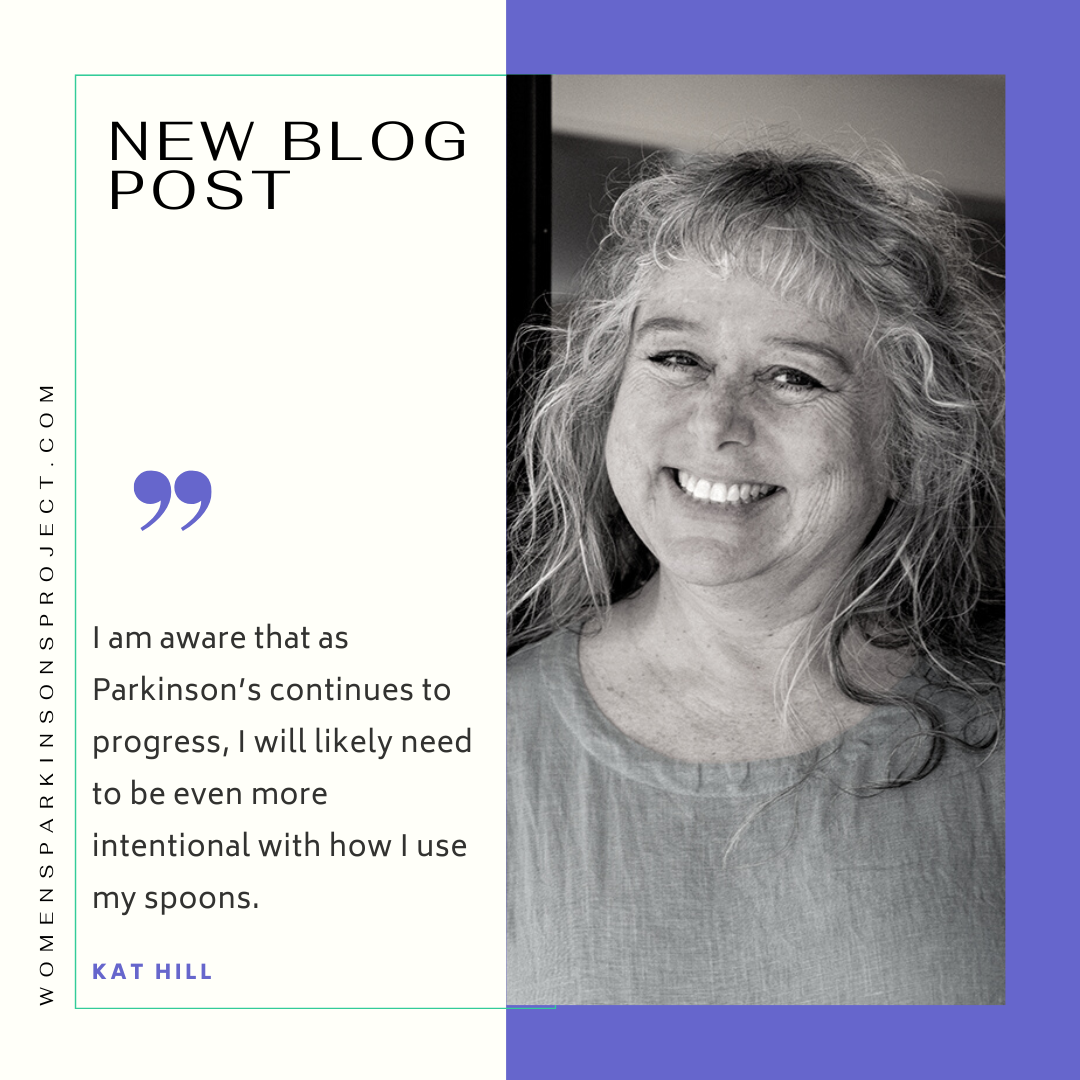The Spoon Theory: A Day in My Life
Every morning I wake up feeling hopeful. Hopeful that I will accomplish all the things on my list and spend quality time with those I love.
I try to push aside the morning tremors and stiffness with positive thoughts. I choose to not focus on the fact that after living with Parkinson’s for nearly a decade that slowly but surely, the symptoms and management of them is taking increasing amounts of my time and energy.
A good friend of mine, who’s a social worker, introduced me to the Spoon Theory. The framework around this theory resonates with me and has become a helpful tool as I try to understand and explain my limitations to not only myself, but others too.
The theory poses that each day we are allotted only so many theoretical “spoons.”
Work, socializing, driving, exercise, pet care and all activities of daily living use up our spoons. Once your allotted spoons are spent, there can be no more for the day. A person’s health and well-being will impact how many “spoons” they have at their disposal on any given day.
With Parkinson’s, I find that my spoon count has slowly dwindled as the disease progresses. It is an ongoing adjustment of my own expectations. Getting through the days requires higher spoon usage to constantly redirect my thoughts in order to stay positive with this reality. In other words, it takes more and more energy to keep my mind from focusing on the tremors, freezing, dystonia, pain and the around the clock dosing of medications to treat these symptoms. Fewer and fewer spoons are left for tasks that I hope to accomplish.
It is a feeling of becoming smaller and smaller in my world and trying to not get lost in my sense of loss.
I am a morning person and have always accomplished more tasks in the earlier part of my day. Exercise, laundry and marketing all are best accomplished early. Other tasks that require my brain – like writing or interviews – are best done before 2:00 pm. Between 2:00 and 3:00 pm I usually find that I am out of spoons and need to rest or choose activities that take minimal output. Depending on the day and my symptoms, I can read, listen to a podcast, watercolor or make art in the afternoons.
The managing of multiple tasks is also something that takes spoons. Multi-tasking is a skill I no longer can count on, no matter the time of day, due to my executive function being compromised. When I plan my days, I try very hard to avoid situations that require me to juggle multiple demands. I sometimes use the mantra “one spoon at a time.”
If there is a special occasion in the evening that is important to me, I try to do very little in the day to save my spoons for later in the day. I am not always successful with this strategy. I find that most friends and family are patient with me leaving early or not coming to an event when I explain that I simply run out of spoons. When I try to “push through” without any reserves, my symptoms flair and it can take an entire day or more to get back on track.
I am grateful that I am able to navigate my days independently. I am aware that as Parkinson’s continues to progress, I will likely need to be even more intentional with how I use my spoons. When the time comes, I hope for the grace to navigate that part of my journey with gratitude.

